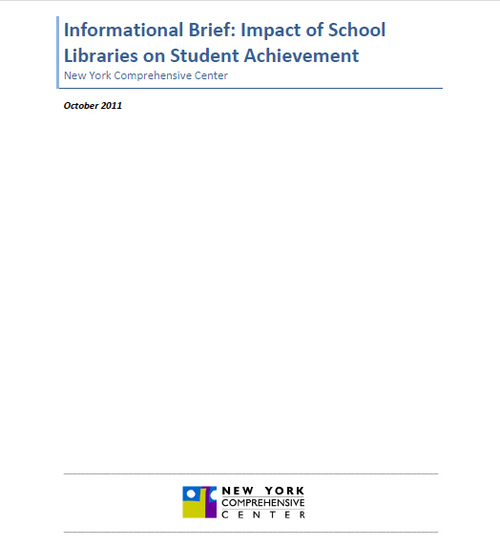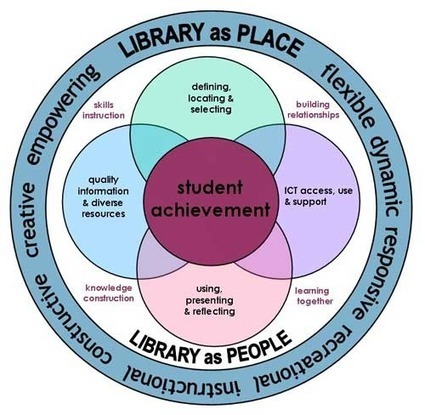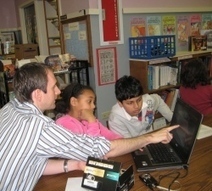I just came across this excellent article published by THE Journal which explores a number of issues regarding students’ development of digital literacies and the need for curriculum reform that embeds more explicit teaching of digital citizenship. The article also provides some great leads to recent research in this area including the work of Michael Wesch. The three short video clips of this playlist captures key take-home message of the difference between knowledgeable and knowledge-able and the need for education to move beyond this, given that we live in such a mediated world where different technologies do actually ‘mediate’ how we interact with them and our capacity to engage with content and people, Wesch expands the meaning of being ‘savvy’:
I particularly like his take on this:
“The newer, more interesting questions that are, I think, unique to the digital world revolve around things like algorithms… When my students are freshmen, I try to get them familiar with the digital space in a new way, to begin to give them a sense that what they’re seeing on the screen is encoded. By the time they’re seniors, my hope is that they not only see those structures, but start to manipulate them and put things together in new ways.”
“Understanding that what a person sees on a screen is a construct created by somebody–perhaps even oneself–is part of “building a scaffold toward digital citizenship,” Wesch says, and the next step beyond critical thinking, information literacy, and creative thinking.
“Our lives are so entwined with the digital–so incredibly enmeshed in the digital,” he concludes, “that, if you’re going to be a good citizen, period, you have to be a good digital citizen.”
A must read and essential viewing for teachers and teacher librarians.



 To demonstrate the positive impact of school libraries on the implementation of the Regents Reform Agenda in New York, the New York Comprehensive Center (NYCC) was asked in 2011 to prepare a brief which highlights specific examples of programs in states that have had success utilizing school libraries to improve student achievement.
To demonstrate the positive impact of school libraries on the implementation of the Regents Reform Agenda in New York, the New York Comprehensive Center (NYCC) was asked in 2011 to prepare a brief which highlights specific examples of programs in states that have had success utilizing school libraries to improve student achievement.










